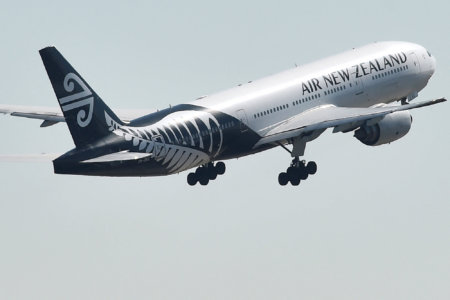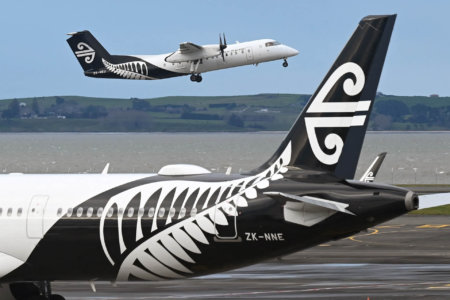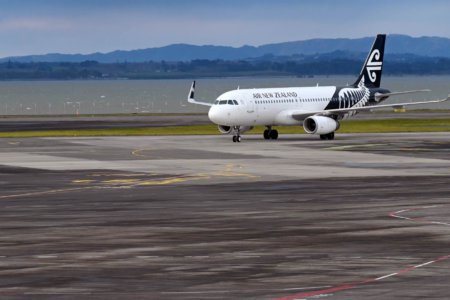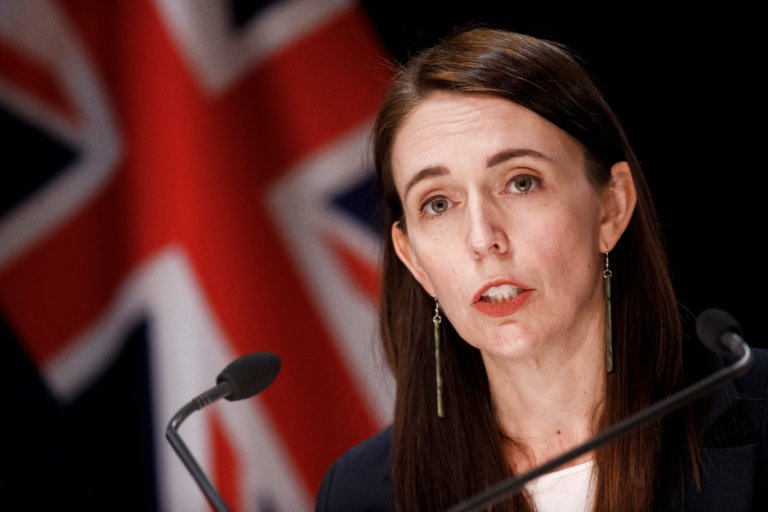
New Zealand’s government recently announced that international students would return to the country in 2022. Travelling to New Zealand is unlikely to be affected despite the rise of the new COVID-19 variant — Omicron — for now.
New Zealand Prime Minister Jacinda Ardern said on Monday the country would move into a system of living with the COVID-19 virus later this week despite the new Omicron variant posing a fresh health threat to the world, reported Reuters. The World Health Organization has labelled Omicron as “a variant of concern.”
There were no cases of the Omicron variant in New Zealand at this stage but the developing global situation showed why a cautious approach was needed at the borders, she said. “Omicron is a reminder of the risk that still exists at our borders,” Ardern was quoted saying.
New Zealand has some of the toughest border controls in the world. Travelling to New Zealand is not expected to resume for international students until April 30. COVID-19 response minister Chris Hipkins said previously that there could be a possibility that “bespoke” arrangements would allow international students and Australians to travel before April 30 but could offer no guarantees.
New Zealand, however, has introduced new border measures for travellers from nine southern African nations on the weekend: South Africa, Namibia, Zimbabwe, Botswana, Lesotho, Eswatini, Seychelles, Malawi and Mozambique.
Travelling to New Zealand is only possible for citizens from these countries. They will have to stay in state quarantine for 14 days.
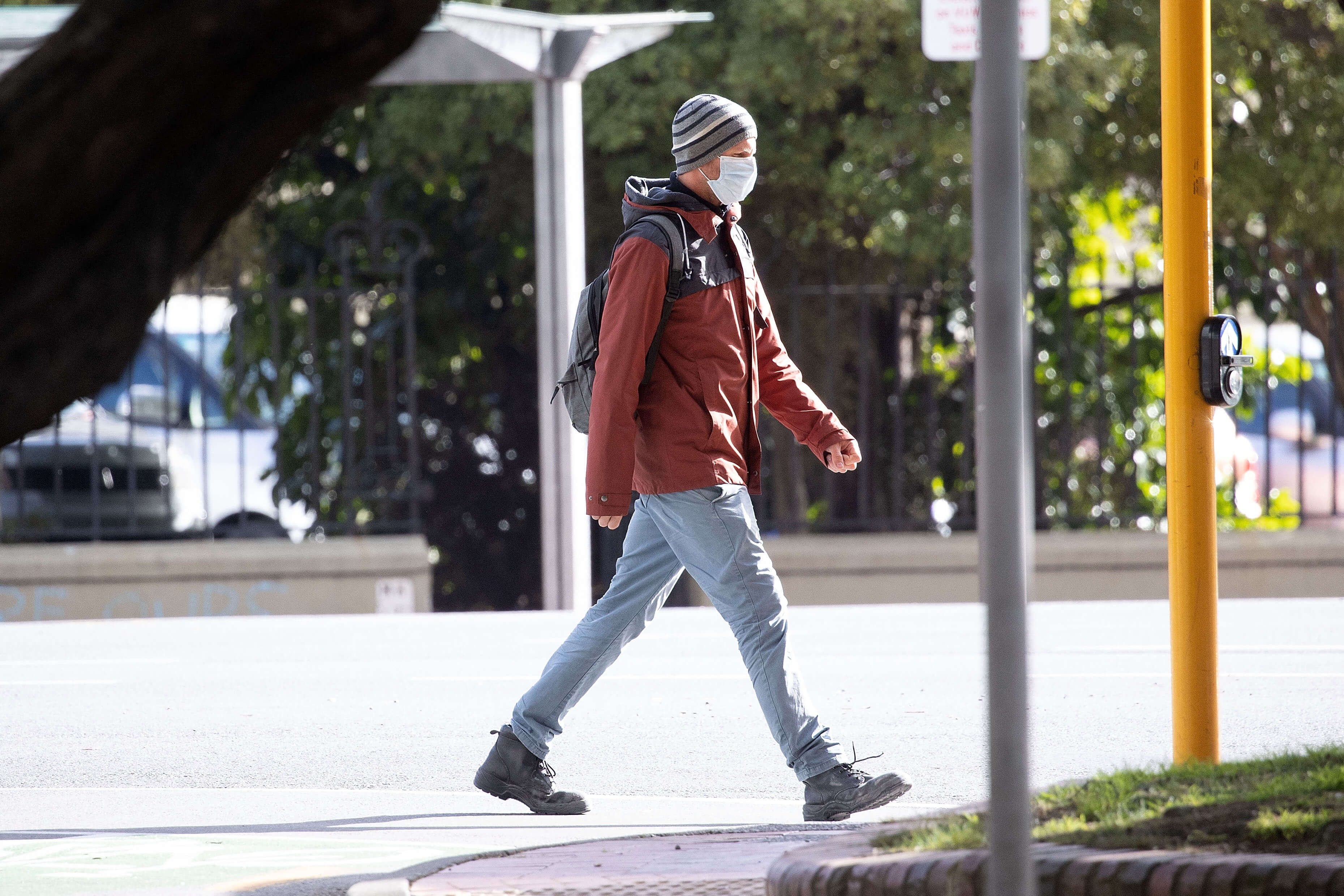
The authorities were looking at whether more needed to be done at the borders to keep Omicron away. Source: Marty Melville/AFP
Travelling to New Zealand: Government to keep a close on Omicron
Ardern said a lot of evidence still needed to be gathered to know the impact of the Omicron variant. “It may impact on our vaccines, but it may not. It may be more severe or it may be more mild than Delta … we simply don’t know,” Ardern said.
Director General of Health Ashley Bloomfield was quoted saying that authorities were looking at whether more needed to be done at the borders to keep Omicron away.
New Zealand is moving into a traffic light system on December 2. Regions will be rated as red, orange or green depending on their level of exposure to COVID-19 and vaccination rates.
Officials were confident the variant hadn’t yet entered New Zealand as whole genome sequencing, which is undertaken routinely on all border-related cases, has shown all had the Delta variant, Hipkins was quoted saying by RNZ over the weekend.
“New Zealand remains in a very good position to prevent this variant entering the country and deal with it if it does appear at our border. Our MIQ facilities and frequent testing of arrivals continue to serve us well.
“Given the evolving situation, a cautious approach is warranted. Adding these countries to the very high-risk country register is an appropriate and proportionate measure as more evidence is gathered globally on the Omicron variant,” said Hipkins.








